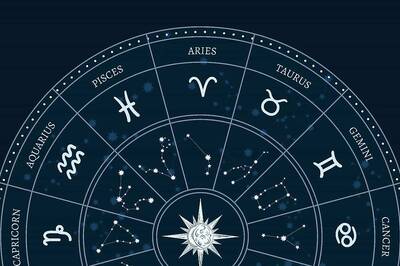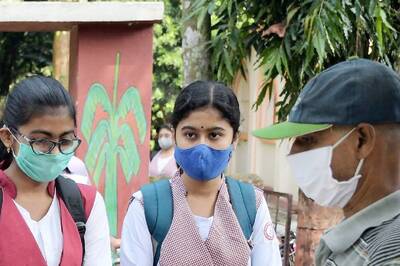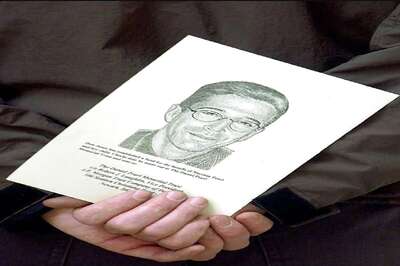
views
The Delhi High Court has ruled that one or occasional acts of adultery committed by a wife in isolation do not amount to living in adultery and doesn’t disentitle the woman from maintenance after divorce.
According to a report in Bar and Bench, Justice Chandra Dhari Singh said that the law, earlier interpreted by several HCs, evinces that only repeated acts of adultery and cohabitation in adultery would attract the rigorous of the provision under 125 (4) of the CrPc.
“The codified law and judgments of various High Courts settle the position with respect to bar of adultery for grant of maintenance in favour of the wife. The law mandates that in order to extract the provision under Section 125(4) of the Cr.P.C. the husband has to establish with definite evidence that the wife has been living in adultery, and one or occasion acts of adultery committed in isolation would not amount to ‘living in adultery’,” the court reportedly said.
In his challenge to the trial court order, the husband had argued that the direction for payment of maintenance cannot be sustained on several grounds including cruelty, adultery, and desertion by the wife. The trial court, in its order, had directed that husband pay the wife Rs 15,000 per month with effect from August 2020.
The high court said that the grounds of cruelty and harassment do not stand ground for non-payment of maintenance and noted that even in cases where a divorce is granted on the ground of cruelty, courts have awarded alimony to the wife.
Even in cases where divorce is granted on the ground of cruelty, courts have awarded permanent alimony to the wife and there is no bar of cruelty in the right of the wife to claim maintenance, the court said in its recent order.
The law emanating from various precedents of the Hon’ble Supreme Court and various High Courts establishes the position of payment of maintenance holding that the ground of cruelty does not disentitle the wife of her right to maintenance, it said.
“The law of maintenance of the country, including Section 125 of the Cr.P.C. are welfare laws that exist to ensure that the wife, children and parents of an able and capable man are not left to become destitute in cases when they themselves are not capable of maintaining themselves. However, the recent practice has become to abuse the process of law and escape the liability that is imposed upon the husband on contentions that hold no ground,” the court added.
The court further said that the claim of adultery was brought into light by the son of the couple. However, his statements failed to establish that the woman was living in adultery and therefore the grounds taken by the petitioner did not establish that his wife was indeed living in adultery.
The court added that the law required the wife to be living in adultery to bar her from receiving maintenance under section 125 CrPC. The husband has to establish with definite evidence that the wife has been living in adultery and one or occasional acts of adultery committed in isolation would not amount to ‘living in adultery, it said.
The law mandates that in order to extract the provision under Section 125(4) of the Cr.P.C. the husband has to establish with definite evidence that the wife has been living in adultery, and one or occasion acts of adultery committed in isolation would not amount to ‘living in Adultery’, the court added. The ground of desertion was also rejected by the court and the husband’s challenge to the trial court order was dismissed.
Read all the Latest News India and Breaking News here




















Comments
0 comment